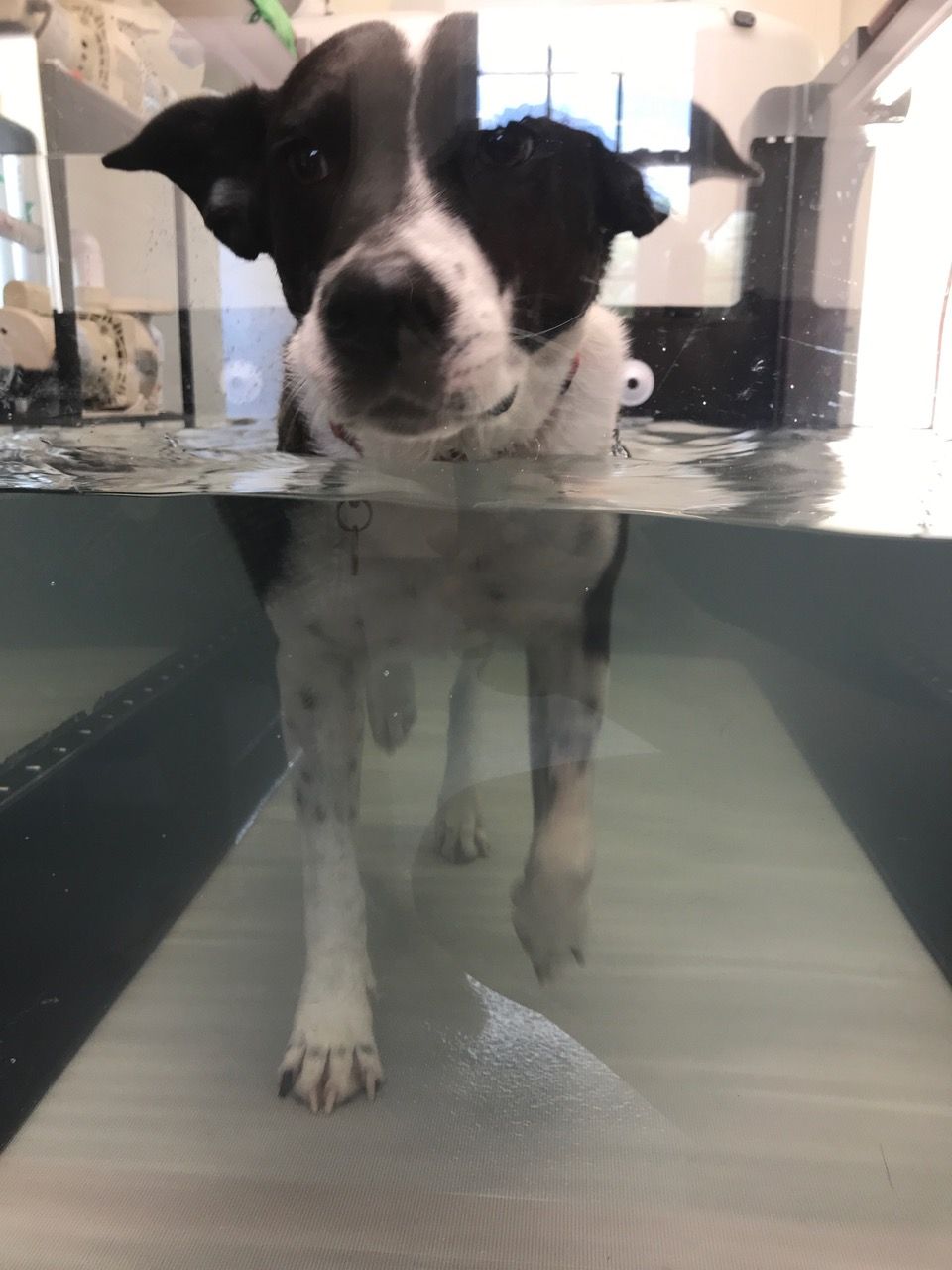Diabetes insipidus di is a rare disorder that affects water metabolism preventing the body from conserving water and releasing too much of it this condition is characterized by increased urination dilute urine so called insipid or dull urine and increased thirst and drinking.
Water diabetes in dogs treatment.
Life expectancy for dogs with diabetes.
Diabetes insipidus may be controlled by the administration of desmopressin acetate which mimics the function of adh.
Diabetes insipidus in dogs.
It is very important that plentiful amounts of drinking water remain available to your dog at all times especially if the pet is on its own for prolonged periods during the day.
Surprisingly it is also a common illness of dogs.
However what the two conditions do have in common is that dogs drink excessive amounts of water and pass large volumes of urine.
The dog may drink frequently and empty the water bowl more often.
One is due to the insufficient production of a hormone called antidiuretic hormone adh that regulates the body s ability to absorb water from the kidneys.
Depending on the type of insulin and dose your dog s diabetes medicine may cost 40 200 per month.
Because of this disease your dog or cat urinates and drinks water excessively in an attempt to keep up with the loss of water through the urine.
Dogs with water diabetes can become dangerously dehydrated very quickly resulting in potentially life threatening levels of thirst.
Your veterinarian will recommend the best type of diet for your diabetic dog.
A gradual increase of the dose will be needed to determine the minimum effective.
Despite the name diabetes this condition is different from the better known and much more common diabetes mellitus sugar diabetes.
The cost of dog diabetes is highest in the initial stage of treatment but can be a significant financial burden.
Among the main symptoms of diabetes in both people and dogs is thirst and increased water consumption.
Treatment of diabetes in dogs.
There are two types of diabetes insipidus.
Treatment of water diabetes in dogs.





























